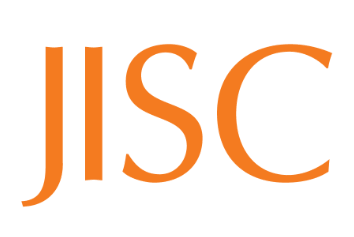Summers, E., Isaac, A., Redding, C., & Krech, D. (2008). LCSH, SKOS and Linked Data. In Metadata for semantic and social applications: proceedings of the International Conference on Dublin Core and Metadata Applications: Berlin, 22-26 September 2008: DC 2008: Berlin, Germany (p. 25). Available online: http://dcpapers.dublincore.org/index.php/pubs/article/viewPDFInterstitial/916/912
Abstract: A technique for converting Library of Congress Subject Headings MARCXML to Simple Knowledge Organization System (SKOS) RDF is described. Strengths of the SKOS vocabulary are highlighted, as well as possible points for extension, and the integration of other semantic web vocabularies such as Dublin Core. An application for making the vocabulary available as linked- data on the Web is also described.
Keywords: metadata; semantic web; controlled vocabularies; SKOS; MARC; RDF; Dublin Core; identifiers
Summary:
This paper details a conversion of LCSH MARC to SKOS, and making LCSH available via a web application.Their approach has differences from earlier methods, notably Harper (2006):
- Python is used for transformation instead of XSLT
- Concept URIs in SKOS consist of the Library of Congress Control Number (found in the 001 MARC field), rather than a textual headings – which might change over time. URIs created from Control Numbers should be persistent.
A mapping of MARC LCSH to RDF / SKOS is provided (see below). Because RDF / SKOS can be extended, other vocabularies such as Dublin Core can be incorporated.

 A benefit of this approach is it provides machine-readable LCSH concept URIs. Implementation took less than 450 lines of Python code ( a link to the source code is provided). The previously isolated data can be integrated, or mashed up, in different ways with sources like the CIA world factbook.
A benefit of this approach is it provides machine-readable LCSH concept URIs. Implementation took less than 450 lines of Python code ( a link to the source code is provided). The previously isolated data can be integrated, or mashed up, in different ways with sources like the CIA world factbook.
Two limitations this paper are: 1) they do not compare the efficiency of their approach to earlier work using XSLT for transformation, and 2) there are no working examples of linked data.





